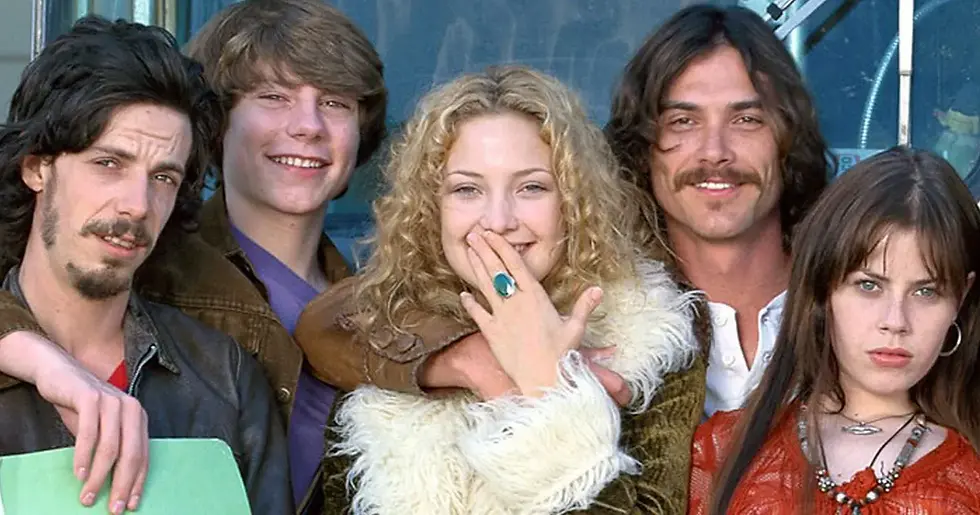Almost Famous #BlastFromThePast (Released on September 13, 2000)
- Sep 11, 2025
- 2 min read
Updated: Sep 25, 2025
Remember September 2000? Y2K panic was officially behind us, iPods hadn’t yet replaced our mix CDs, and the soundtrack to every vaguely rebellious teenage life was something between Dave Matthews Band and early Coldplay. The world was straddling two centuries and two identities, half clinging to analog nostalgia and half sprinting into digital chaos. Then came Almost Famous, a quiet little movie with a big, messy heart, and Cameron Crowe dropped it right into the middle of our yearning for something real.
This wasn’t just another coming-of-age story. It was semi-autobiographical, the story of Crowe’s own teenage years writing for Rolling Stone, following a rising band on tour, and falling headfirst into the kind of chaotic love affairs only rock and roll can inspire. We meet William Miller, a wide-eyed fifteen-year-old played by Patrick Fugit, whose notebook and pen are the onlym armor he carries into a world of egos, drugs, heartbreak, and incredible music. At the heart of it all is Kate Hudson as Penny Lane, the free-spirited groupie who insists she is not a groupie. Her performance is electric, half magic and half heartbreak, and twenty-five years later, it still feels like her career-defining role.

The movie was never about fame. It was about identity, belonging, and the endless search for authenticity, themes that resonated loudly at the turn of the millennium when technology was about to rewrite how we consume art and culture. At its core, Almost Famous is a love letter to music, not just the sound of it but the way it shapes us, claims us, and sometimes saves us. When William finally whispers to Penny, “I have to go home,” and she answers, “You are home,” you feel it in your bones.

Critics adored it, but audiences loved it more. Almost Famous took home the Oscar for Best Original Screenplay, a Golden Globe for Best Motion Picture, and cemented Cameron Crowe as one of the few directors who could bottle pure nostalgia without drowning us in sentimentality. Rolling Stone later called it “a love letter to rock,” but I’d argue it’s also a love letter to innocence, the moment before life gets complicated, when everything feels possible and music is the only religion you need.
If you haven’t revisited it lately, fire it up on your streaming platform of choice. Turn the volume up. Let Elton John’s “Tiny Dancer” wash over you. And for two hours, remember what it felt like to be young, messy, and hopelessly in love with life.
-- Christine Merser, Screen Thoughts




Comments